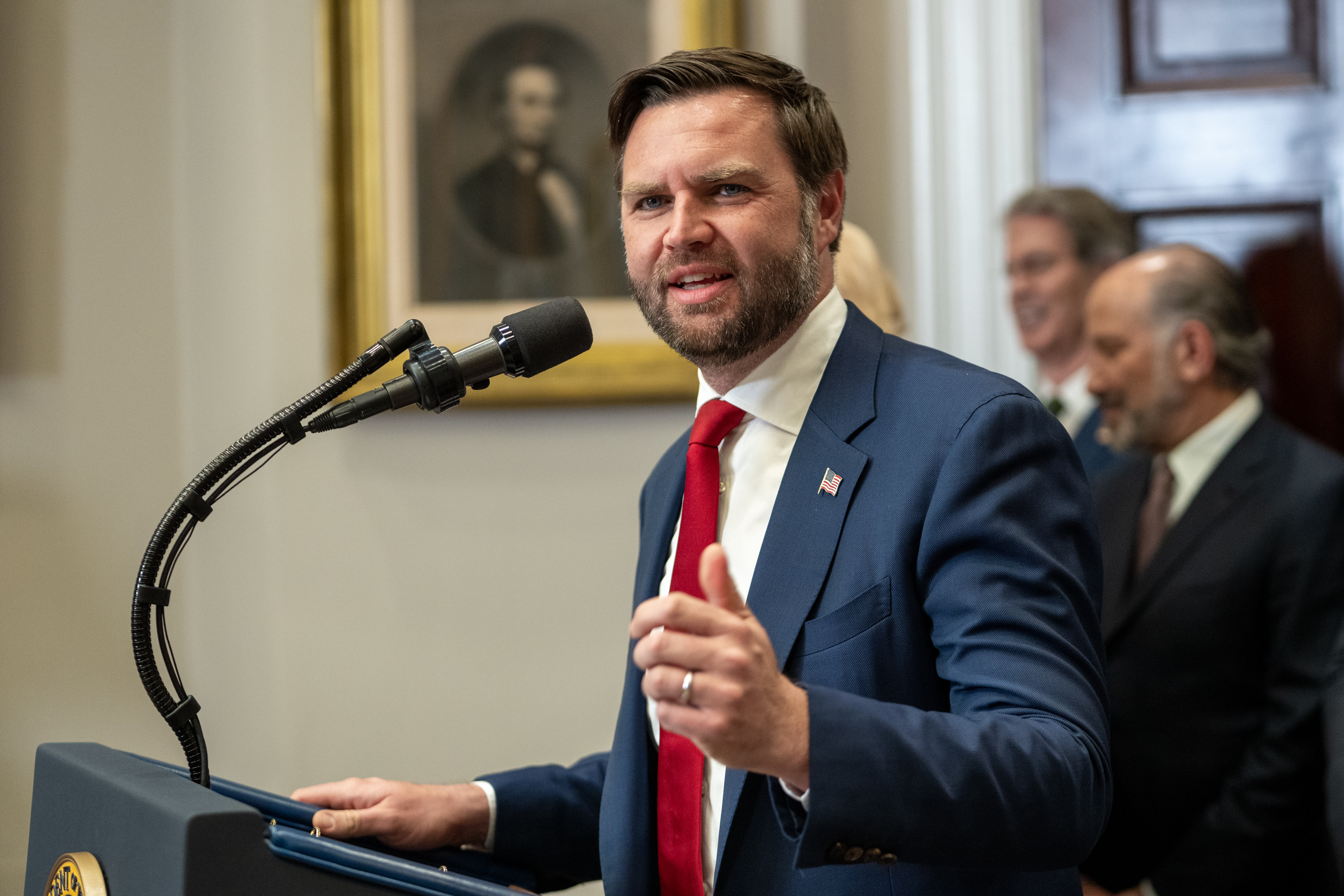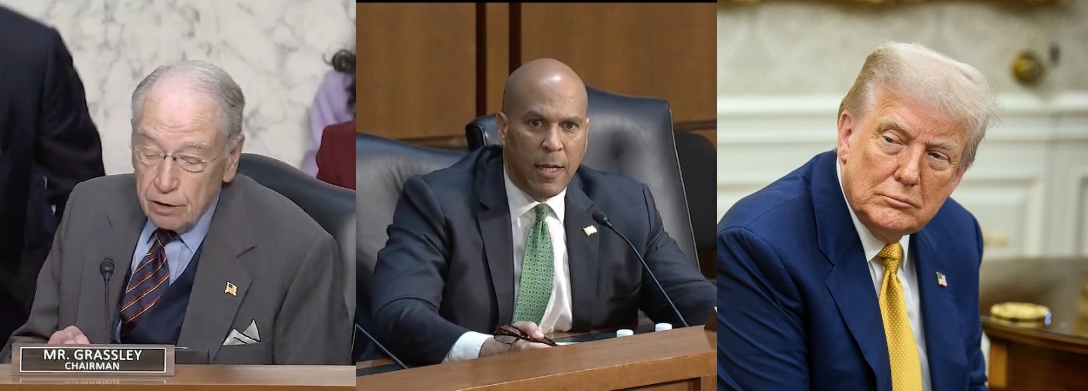Peggy Huppert retired in 2023 following a 43-year career with Iowa nonprofit organizations, including the American Cancer Society and NAMI (National Alliance for Mental Illness) Iowa. She is a board member of LIFT Iowa and a long-time progressive political activist.
In September 2023, about 30 longtime Iowa Democrats came together on a Sunday morning to share their grief and anger about the political state of their world. Although they suspected things would get worse before they got better—they could not have predicted how very much worse—most are optimists by nature and, as such, desperately sought a path forward. And they found it.
In that room on that day, LIFT IOWA PAC was born.
Continue Reading...




















